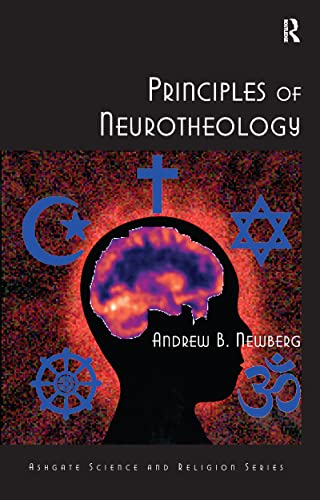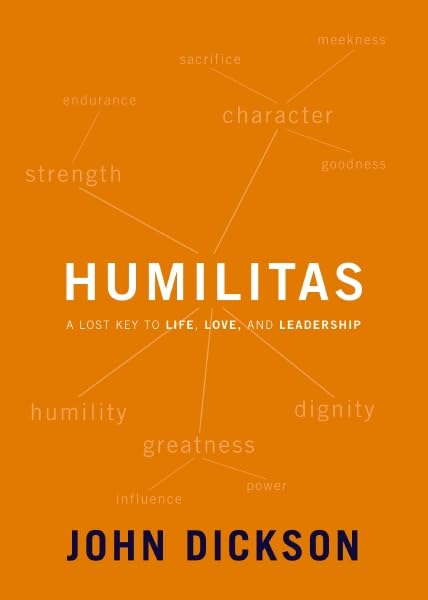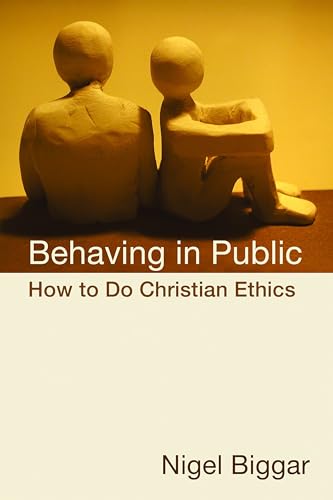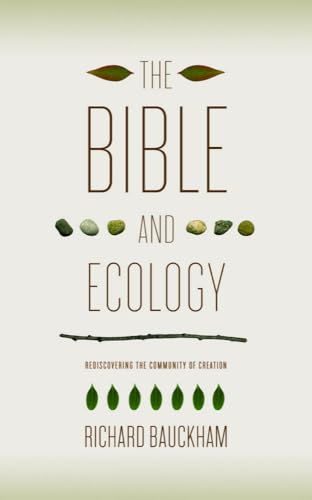The Vocabulary of Luke: An Alphabetical Presentation and a Survey of Characteristic and Noteworthy Words and Word Groups in Luke’s Gospel (Biblical Tools and Studies)
Written by Adelbert Denaux and Rita Corstjens in collaboration with Hellen Mardaga Reviewed By Matthew SleemanThis is not a book that many readers will buy, but is a book that many readers might use. The price alone, at 84 Euro (a lot, whatever your currency), will deter the casual or merely curious purchaser, but here is a very useful volume to suggest to a library near you that their collection would be stronger for its inclusion. It appears as the tenth title in Peeters' diverse and often very specialised 'Biblical Tools and Studies' series, a diverse collection of publications, but this particular volume will help many readers on a number of levels.
First, both students and Bible teachers will gain from the introductory essay (pp. ix-xxiv), where Adelbert Denaux provides a very helpful and stimulating discussion of what we mean by a biblical writer's 'characteristic' use of language and what criteria we employ in making such claims. Both the scholar and the preacher can claim something as 'characteristic' of a particular Bible writer, but often such claims are made in a vague and unspecified manner: here are some helpful guidelines, even cautions, to inform such claims. While focusing on Luke's Gospel, Denaux's discussion easily applies to other texts, and it will sharpen and focus our reading of different biblical writers.
The main body of the book is then given over to the lists described in its subtitle. A six-page guide to these lists immediately precedes them (pp.lxi-lxvi), and a discussion of these pages helps outline the book's strengths. The lists work word-by-word through the vocabulary of Luke, using the Greek NA27 text, in alphabetical order. For each lemma, the book provides up to four 'frames', each with a different kind (and level) of information.
The first frame provides numerical data regarding the lemma's frequency of use within Luke and Acts, and compares this with its frequency with Matthew and Mark (one needs to note, however, the differing lengths of these texts and not work simply with bare numerical comparisons). A series of asterisk codes also indicate whether the lemma occurs in the Septuagint and/or pre-Christian Greek, and then a series of English translation equivalents or glosses are provided, usually following those in Louw & Nida, but also drawing on BDAG. For each instance, an example from Luke or Acts is referenced. At the very least, such a list helps reminds the reader of the semantic range within each lemma. Providing only the Lukan range is both a strength and a limitation, compared to, for instance, the much more comprehensive but often dense discussions in BDAG.
The second frame then provides a list of 'word groups'. These lists reflect secondary scholarly organisation and classification and need to be regarded as such, but they shine additional light on the lemma and provoke further consideration of its 'characteristic' forms and uses in relation to other words placed around it (i.e., grammatical and syntactical context). Here, full lists of instances in Luke and Acts are provided, allowing consideration of usage across the Gospel and Acts. As with any such reference tool, the user might be tempted simply to 'look up' the reference in which they are interested, but to do so would be to circumvent the very useful perspectives provided by this frame and the next.
The second frame needs to be considered together with the third frame (entitled 'characteristics of Luke'). The reason for reading both frames together is that word groups listed in this latter instance have not been mentioned previously in the second frame: both lists need to be consulted if a full account of Lukan use is to be drawn. The third frame also lists the scholarly authors who have considered the word (or word group) to be characteristic of Luke. These scholars are thirteen individuals whom the present authors consider to have given sufficiently clear criteria for considering a word to be characteristic.
The fourth and final frame for each entry ('literature') then lists other Lukan scholars who discuss this particular word in, for example, commentaries and journal articles. Helpfully, the relevant page numbers are provided for the publications cited. The range of scholars extends far beyond those who write in English, but this kind of focused citation helps maximise the opportunities to engage the widest scholarship when seeking to assess scholarly debates. As anyone who has sought to engage in a thorough literature review will know, this kind of gathered information is a wonderful help in such matters.
From the above description, it will be clear that the latter frames are likely to appeal more to the scholar than the typical congregation-based Bible teacher. Yet here is a volume which orders a vast amount of information which will benefit both kinds of reader. It is worth noting that although the promotional information for the book describes it as serving students of the Greek text of both Luke's Gospel and the Book of Acts, the work is oriented primarily to Luke's Gospel and is not as exhaustive in relation to Acts. Words occurring in Acts but not in Luke, for example, are not included.
As many resources assume an electronic platform, this is a volume which could work very well as an electronic resource. Talking with the publishers, however, this is unlikely to occur, for logistical reasons. As a result, it is well worth knowing that this helpful reference tool exists, and knowing where, if necessary, one can access it. I certainly intend to do so in future.
Matthew Sleeman
Matthew Sleeman
Oak Hill Theological College
London, England, UK
Other Articles in this Issue
Evaluating a new English translation of the Bible can be extremely difficult...
In the November 2009 edition of Themelios, Dane C...
Jonathan Edwards (1703-1758) is remembered today as a saint, scholar, preacher, pastor, metaphysician, revival leader, theologian, Calvinist—the list goes on...
Almost two decades ago I wrote an essay titled " When Is Spirituality Spiritual? Reflections on Some Problems of Definition ...
He was the youngest son of elderly parents. His childhood was secluded and unhappy, which might in some measure account for his lifelong melancholy...







